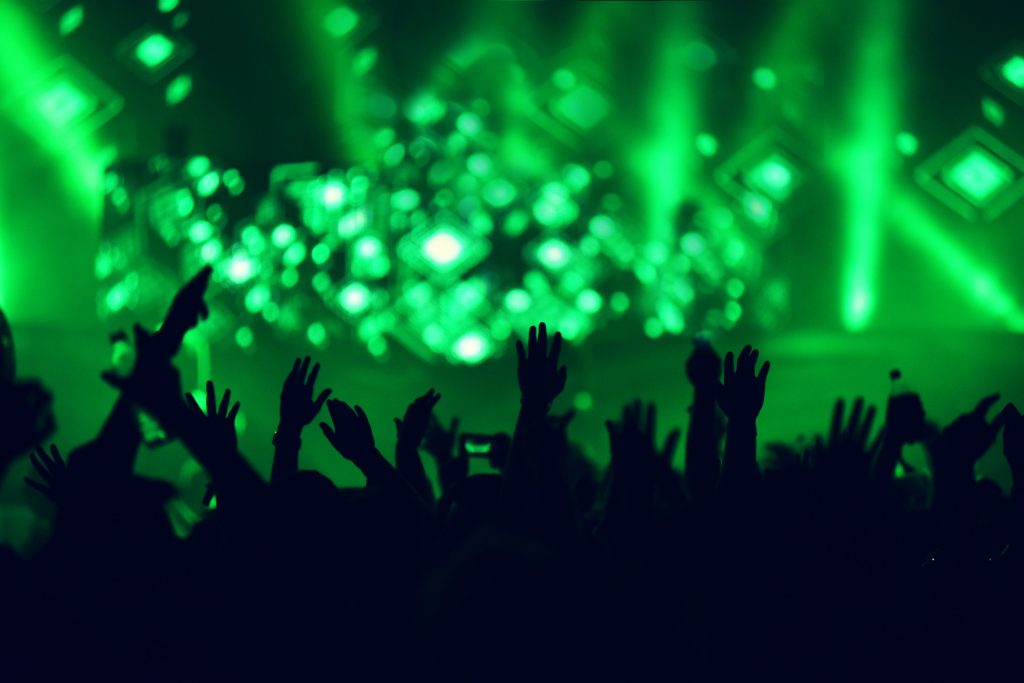
www.optimistdaily.com
Manchester’s phone-free nightclub revives the rave spirit for a new generation
BY THE OPTIMIST DAILY EDITORIAL TEAM
In a culture saturated with selfies, social media stories, and endless scrolling, one Manchester nightclub is encouraging something radical: presence.
Amber’s, a newly opened club in Manchester, is reviving rave culture the old-fashioned way—by banning phones on the dance floor. Inspired by Berlin’s iconic clubs and supported by a growing trend across the UK, this policy is turning heads and transforming nights out into shared, immersive experiences.
“On a basic level, as a club, we believe that just having phones away creates a better vibe in the room,” said Jeremy Abbott, one of Amber’s directors and resident DJs. “People feel a lot more present in the moment, and we feel that you’re really able to connect with the people around you, the DJ, and the music.”
Stickers over screens
Before guests even step through the doors at Amber’s, security staff cover each phone’s camera with a sticker. It’s not a punishment—it’s a pact. A doorman double-checks as you descend into the bass-heavy heart of the venue, making sure everyone’s on the same page.
And it works. According to Abbott, the club rarely needs to enforce the rule. “The response has been great so far,” he said. “People have really respected the concept and kept their phones away, and it has contributed to a much better vibe on the dancefloor.”
To satisfy the urge to relive the night (or share a highlight later), the club employs a roaming team that captures footage for promotion. The result? Partygoers can focus on dancing, not documenting.
Clubbing, without the performative pressure
The no-phone rule isn’t just about better lighting or crowd flow—it’s about peeling away the performance layer that social media has draped over nightlife. BBC Radio 6 Music’s Jamz Supernova, who DJed at Amber’s during the station’s Rave Forever night, described how social media has reshaped the club experience.
“I’ve always loved the grittiness—the grimy clubs with sticky floors,” she said. “But I guess that doesn’t serve the Instagram generation. It’s dark, it’s smoky, you’re not going to get the best images.”
She added that clubbing today often comes with a pressure to “look maintained all the way through.” Once upon a time, raving meant sweating out your makeup and embracing the chaos. Now, many feel the need to curate their night out for the camera.
Supernova pointed out that all those phones can actually change how people party. “If you are playing to a younger audience… they have 20 seconds of a moment of dancing, and then in between, it’s kind of like you’ve lost their attention,” she said. Attention spans have shifted, and constant recording might be part of the problem.
The return of rave values
Kath McDermott, a DJ and producer on the 6 Music team, sees Amber’s and similar spaces as part of a cultural comeback for underground clubbing. “Clubbing has changed in Manchester immeasurably over the decades,” she said, “but Manchester—and increasingly Salford—have maintained the reputation as the home of rave.”
McDermott praised the rise of grassroots parties and promoters focused more on unity than profit. “It’s particularly positive to see the strong return of underground, grassroots parties… as the next generation of clubbers and DJs come through.”
And for those who wonder whether this vibe reboot has staying power, history—and shifting norms—offer some perspective. Supernova compared the no-phones movement to changing attitudes around harassment in nightlife spaces.
“Ten years ago, there were things you’d just tolerate,” she said. “Now the crowd look after each other a lot more. That’s been a really cool thing to see.”
She believes this cultural shift can extend to phones too—especially for young people just stepping into club culture. “You’ll have a different appreciation of raving because that’ll be the status quo,” she said. “You won’t know any different.”
Dancing toward a better night out
Amber’s isn’t alone in this mission. Clubs like fabric and Fold in London have adopted similar rules. But Manchester’s take is catching attention, thanks to its enthusiastic reception and timing: people are hungry for connection.
Phones aren’t banned because they’re bad. They’re sidelined to make space—for joy, spontaneity, and shared energy. As Abbott put it, “We want DJs to be able to express themselves… to feel that they’re part of a special experience.”
It turns out the best memories from a night out might not be the ones we post but the ones we dance through together.The post Manchester’s phone-free nightclub revives the rave spirit for a new generation first appeared on The Optimist Daily: Making Solutions the News.














